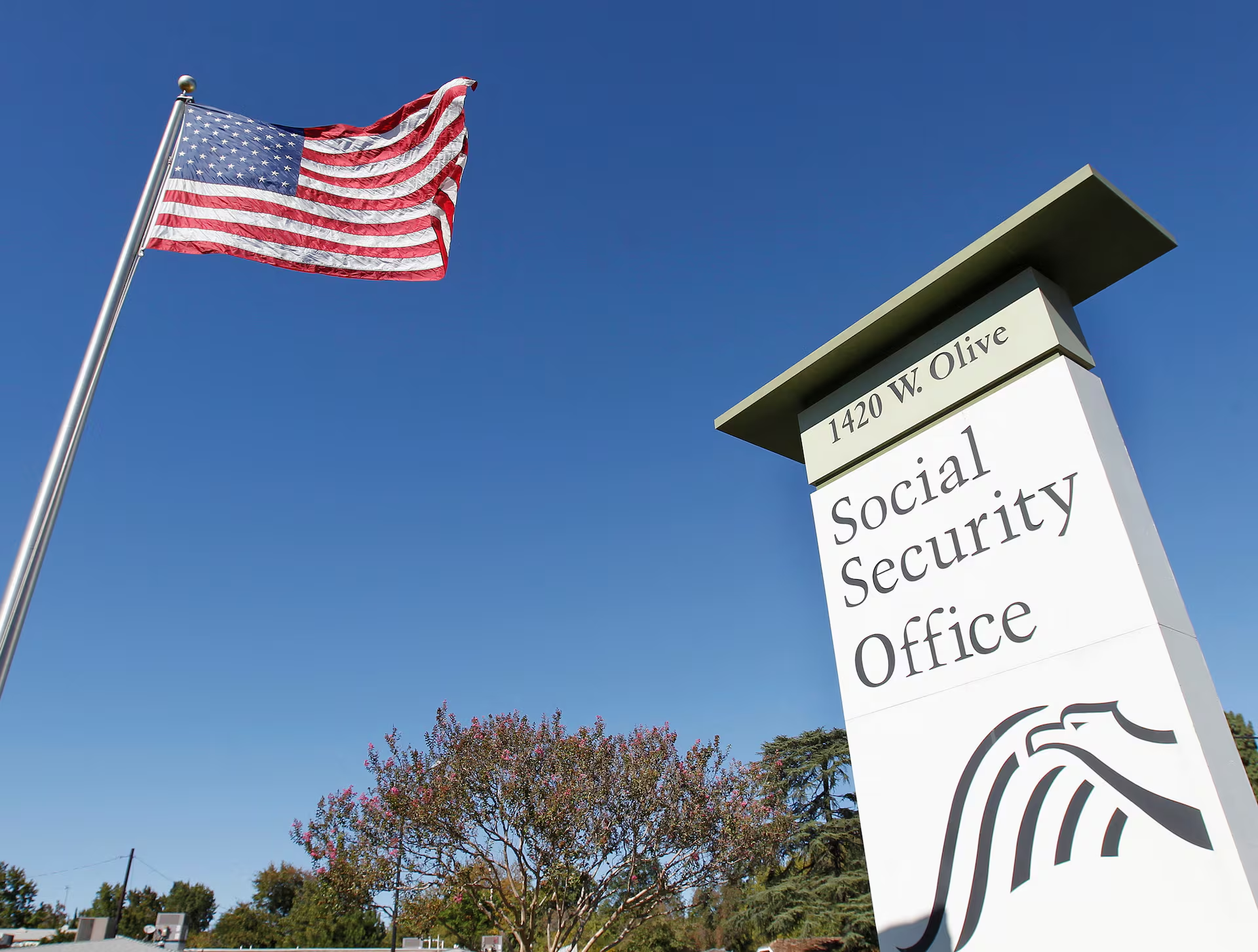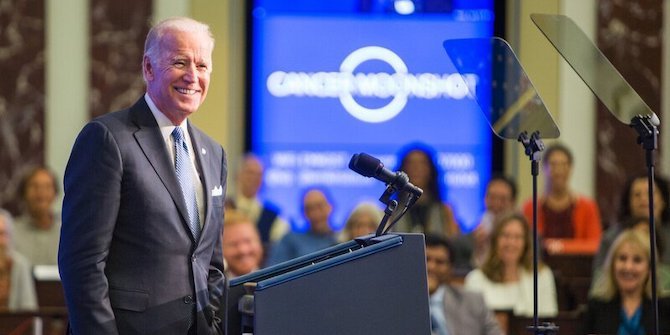In a surprising move, members of the ultraconservative House Freedom Caucus blocked a bipartisan bill designed to expand Social Security benefits for certain retired public workers. The bill, championed by Representatives Abigail Spanberger, a Democrat from Virginia, and Garret Graves, a Republican from Louisiana, aimed to repeal existing provisions that reduce Social Security benefits for retirees who have worked in jobs not covered by the government program. Additionally, it sought to improve benefits for surviving spouses who receive a government pension.
The legislation had garnered significant support, boasting 330 cosponsors, including House Speaker Mike Johnson, a Republican from Louisiana. This level of support was well above the 218 signatures required to force the bill to the House floor through a discharge petition.
However, during a pro forma session on Election night—a brief meeting of the House typically devoid of substantial business—Representatives Bob Good of Virginia and Andy Harris of Maryland effectively shelved the bill. Their move prevented the bill from advancing, much to the disappointment of its supporters.
Representative Graves dismissed the actions of Good and Harris as mere political theater, according to reports from Roll Call. The blocking of the bill is seen as a setback for efforts to provide more equitable Social Security benefits to retired public workers and their surviving spouses.
The proposed changes in the bill were designed to address long-standing issues with the current Social Security provisions. Many public workers, including teachers, firefighters, and police officers, have seen their benefits reduced due to their participation in public pension plans. The bill aimed to rectify these disparities, ensuring that all retirees receive fair and adequate Social Security benefits.https://globallinktribune.com/health/weekend-sleep-reduce-risk-of-heart-diseases/
Advocates for the bill argue that the current provisions unfairly penalize those who have dedicated their careers to public service. They believe that repealing these provisions would provide much-needed financial relief to retirees and their families, enhancing their quality of life in retirement.
The decision by the House Freedom Caucus members to block the bill highlights the ongoing political challenges in reforming Social Security. Despite broad bipartisan support, achieving consensus on changes to the program remains a complex and contentious issue.
As lawmakers continue to debate the future of Social Security, the blocked bill serves as a reminder of the hurdles that must be overcome to ensure fair and equitable benefits for all retirees. The efforts to expand Social Security benefits will likely continue, as advocates push for legislative solutions to address the needs of retired public workers.



